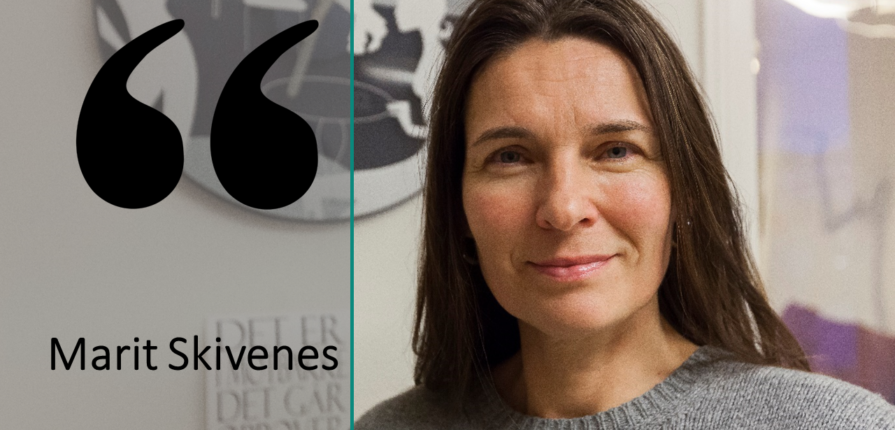BLOG: The European Court of Human Rights has set the Norwegian child protection system under pressure.
Over 30 child protection cases are communicated to the Norwegian state. Recently, the Grand Chamber published its conclusion on the case of Strand Lobben and others vs. Norway (September 10th 2019). Norway has violated the applicants right to family life, a majority of 13 against 4, concluded.
The case is about a care order and an adoption from care, for a boy that is now 11 years old and he has lived with his adoptive family since he was 3 weeks old. The ruling has been long awaited, and when it finally came it is a disappointment for some and a relief for others, because the ruling is concluded on procedural grounds – not on the merits of adoption from care.
This means that the Court does not make a statement about using adoption from care as a measure, nor on the definitions of child´s best interests when a child has been placed out of home for a long period of time.
From a child right perspective, it is imperative that children have a right to family life also when they cannot live with their natural parent(s). Research findings are also clear on the positive impact adoption has on a child´s life and prospect of future well-being (see the report of Helland & Skivenes 2019 for details on this).
I believe that we must welcome the attention from the European Court of Human Rights as an opportunity for becoming better.
I have elsewhere argued for three main point that should be taken from the Grand Chamber judgement (read more here). These are of importance for the Norwegian state to address, but also other European states can learn from these messages.
I believe that we must welcome the attention from the European Court of Human Rights as an opportunity for becoming better. However, it is equally important that actors within the child systems itself – both in Norway and other countries – searches for improvement.
I am therefore pleased to note that in Norway, there is an initiative that aims to strengthen the fundamental basis for our system, namely an investment in the front-line staff´s competency and education. In contrast to for example Finland, Norway only requires a 3-year degree for front-line staff, whereas in Finland it is 5 years to become a qualified social worker. I believe this is a fundamental difference between our two systems that has major impact on the quality of interaction and communication with children and families.
The Directorate for Children, Youth and Family Affairs has now launched a program to ensure that most staff shall have a 5-year degree. Of course, the programs success rest on the quality of the education program, as well as the commitment from politicians to provide the necessary resources which also included higher salaries to staff. That said, I am very positive on the new direction our system takes in terms of education and competency.
I believe this is the way forward in meeting the critique against the child protection system, and more importantly: to give children in need of protection the best possible child protection system.


